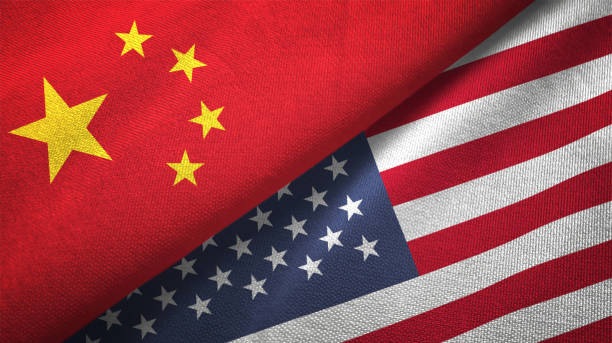Sino-US Competition in Global Information Infrastructure, Critical Technologies and Its Implications

The competition over technologies is becoming central to the rivalry between China and the United States (US). The US achieved superpower status as a result of its unmatched political influence, economic strength, and military technological leadership. But China has recently made great strides in building its information infrastructure, which is essential for both the nation’s military might and economic growth. China currently has the second-largest economy in the world. This paper examines how China is emerging as a competitor to the US in major critical technologies such as cyberspace, 5G, Artificial Intelligence (AI), quantum computers, and space. The US is taking preventative actions against China in order to protect its superiority and both countries are working to establish independent capabilities in these technologies which have major implications. Power transition theory and neorealism provide an explanation for the Sino-US drive for technological superiority and how it is influencing the global power structure. Techno-nationalism stemming from competition for semiconductors and microchips, techno-politics through technology-driven political interests and alliances, economic gains, market control, automation of weapons, and challenges to governance of these technologies and cyber-security are some of the implications of this ongoing competition. This article proposes a global agreement on governance and regulation of these technologies.
The full text of the article can be found here: https://regionalstudies.com.pk/wp/article/sino-us-competition-in-global-information-infrastructurecritical-technologies-and-its-implications/
Source:
Nabila Jaffer, “Sino-US Competition in Global Information Infrastructure, Critical Technologies and Its Implications,” Regional Studies 42, no. 1 (2024), 96-129, https://regionalstudies.com.pk/wp/article/sino-us-competition-in-global-information-infrastructurecritical-technologies-and-its-implications/
Ms. Nabila Jaffer is a Research Analyst and leads the China Program at the Institute of Regional Studies (IRS), Islamabad, Pakistan.
e-mail: nabilajaffer22@gmail.com
